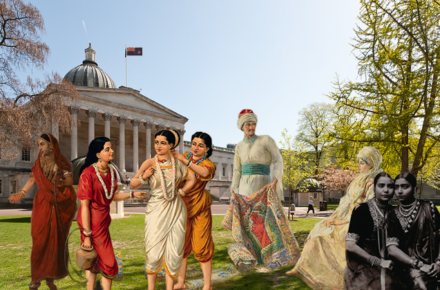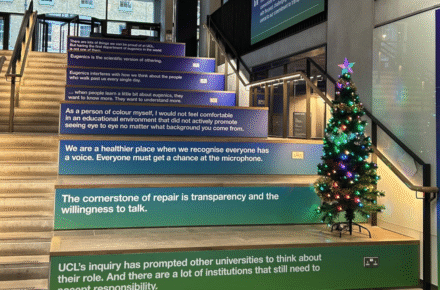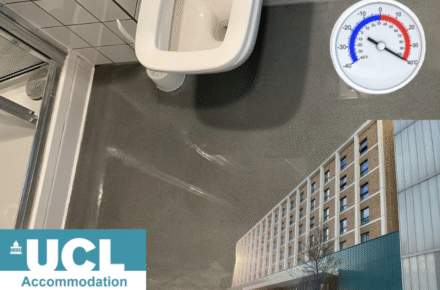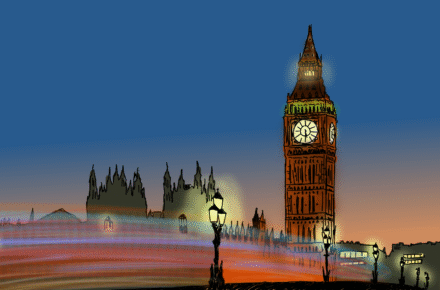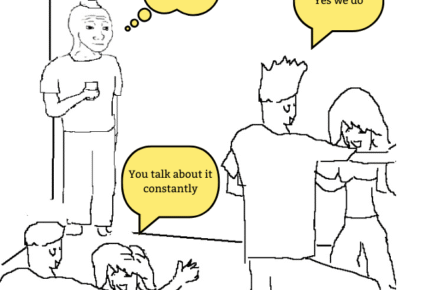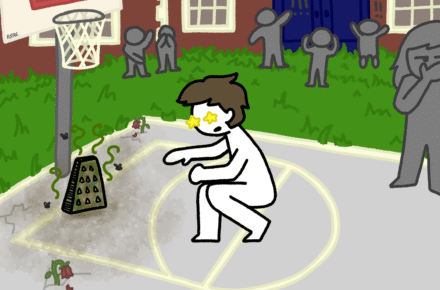
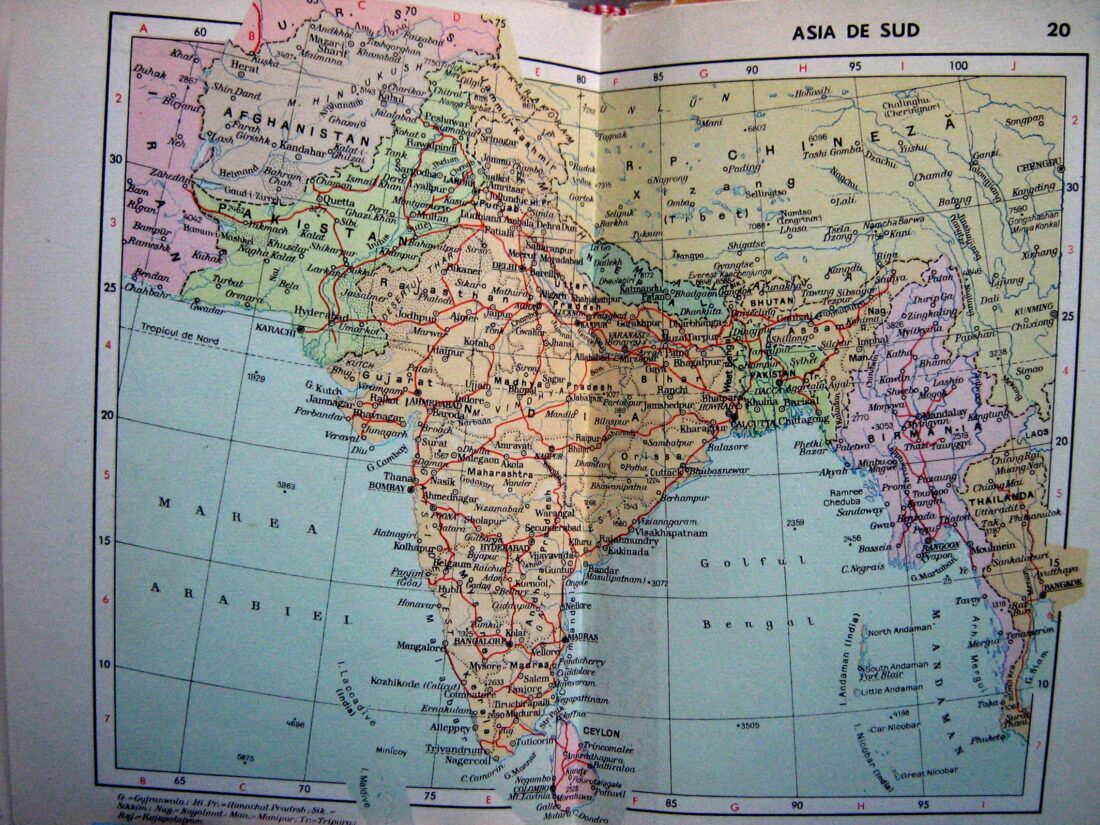
Since I started at UCL, I’ve been vaguely curious about the absence of a South Asian Society at the University.
I’m well aware that using South Asia as a catch-all term is not the solution. People worry it will invisibilise the incredible diversity of the region, which I suppose is a fair argument. But isn’t that also true of the word Indian? Does it erase the differences between the various regions and cultures of India, or does it act as a unifier? What makes the border between, say, Gujarat and Maharashtra (two states in India) different from the India-Pakistan border?
Honestly, this vague rant with no definitive argument or angle was not inspired by abstract musings about diversity. I’ve started thinking about it again as military tensions flare again along the Line of Control between India and Pakistan.
My mum’s parents grew up in northern Pakistan — my grandma in Kohat and my grandpa in Rawalpindi. My Nani (maternal grandmother) crossed the border during Partition in 1947, when she was six years old. It was a bloody and violent process that claimed between 200,000 and two million lives, luckily not theirs. They spent the rest of their childhood in Indian Punjab, then moved to Delhi, and eventually settled in Mumbai.
For all intents and purposes, I am Indian. Both of my parents were born and brought up here and so was I. My Nani never called herself anything but Indian. But most of the food I grew up eating was never distinctly Indian or Pakistani. I couldn’t place my Nani’s accent until I visited Amritsar (which borders Pakistan) where everyone sounded like her.
I’m writing this draft during a video call with my mum. She’s knitting and watching news coverage of the conflict, occasionally chiming in and telling me the important bits.
A cohesive South Asian society could be sociopolitically powerful. It carries the potential to be a meaningful stand against the arbitrary colonially-drawn borders that continue to produce violence (quite literally) to this very day.
But on a personal level, it could be a tribute to my grandparents, and to the millions of other grandparents displaced during Partition.
To be honest, I don’t know what this society would look like or do. But the very act of having a shared space explicitly open to all South Asians could be so impactful. A space to honour our shared heritage, to sit with the discomfort of geopolitical tensions and to build solidarity that subverts and challenges borders.
Maybe instead of incoherently jotting down my thoughts for The Cheese Grater, I should propose this society to the Students’ Union. But that is less fun and more paperwork, so for now, I’ll do the easy bit.

